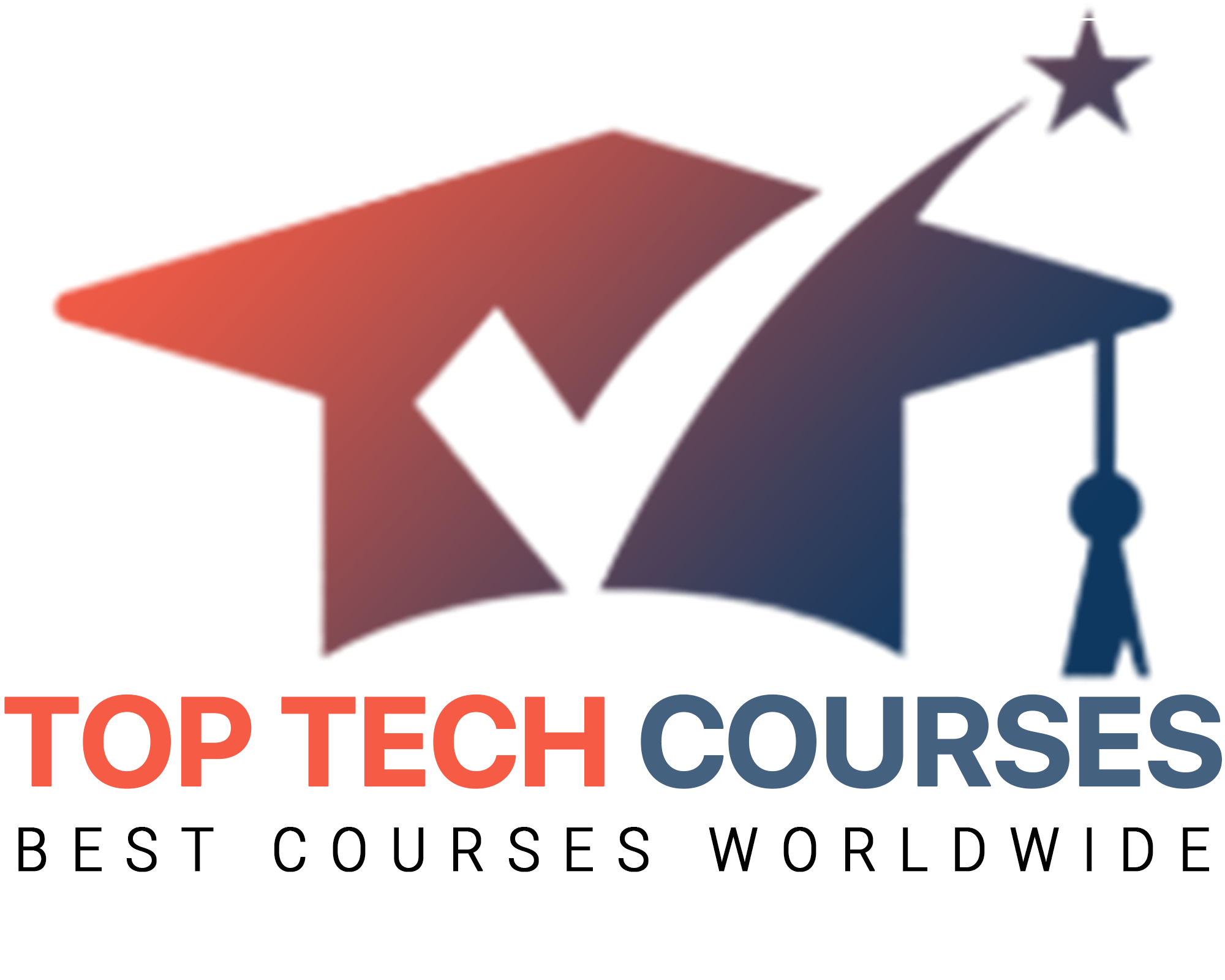
Unraveling Lifelong Learning: Expert Guide to Virtual Education
Lifelong learning benefits are at the forefront of an ever-evolving educational landscape, driving the curious to explore the boundless possibilities of virtual education. In this expert guide, we embark on a journey to unravel the intricate web of lifelong learning through the lens of virtual education—a space that has expanded exponentially in recent years.
With varying sentence lengths, a perplexing tonality, and a burst of information, we delve into the depths of this unconventional educational realm, where the boundaries of time and space are deftly blurred. Prepare to be enlightened and inspired as we uncover the unexplored, shedding light on the ways in which virtual education can empower individuals, offering opportunities for growth, connection, and self-discovery.
From MOOCs (Massive Open Online Courses) to virtual conferences, the possibilities are endless, and the benefits of lifelong learning are aplenty. Join us in this exhilarating exploration as we unlock the doors to a world of perpetual intellectual evolution.
Table of Contents
The Evolution of Lifelong Learning
Virtual education has become more accessible and interactive due to technology advancements and online platforms. Learners can engage with a variety of experts and authority figures, who offer valuable insights and guidance in various fields. Additionally, virtual education is flexible and convenient, making it an excellent choice for lifelong learning.
articly.ai tagvoicedrop.ai tag
Unlock Your Potential: Explore Top Tech Courses for Spanish-Speaking Learners
In this fast-paced digital era, the need for continuous learning has become imperative. Enter Top Tech Courses, a veritable online marketplace for Spanish-speaking learners.
With over 10,000 courses in technology and programming, this platform offers a diverse array of opportunities for skill acquisition. Whether it’s web development, data science, artificial intelligence, or cybersecurity, Top Tech Courses has experts who are adept at imparting practical and technical skills.
From beginner to advanced levels, there’s something for everyone. And what’s more, each student receives industry-recognized certification upon completion.
So gear up, delve into the world of Top Tech Courses, and soar high in your tech and programming careers. Lifelong learning has never been so accessible and promising!
Frequently Asked Questions
Virtual education refers to the process of providing education or training through online platforms and virtual learning environments.
Virtual education typically involves the use of internet-based technologies and digital resources to deliver educational content, conduct interactive activities, and facilitate communication between students and instructors.
Virtual education offers various benefits, including accessibility to a wider range of educational opportunities, flexibility in terms of time and location, personalized learning experiences, and the use of innovative technologies.
Yes, many virtual education programs and institutions are recognized and accredited by relevant educational authorities, ensuring that the courses and degrees awarded meet the required standards.
Virtual education cannot completely replace traditional classroom-based learning, as the latter offers certain benefits like face-to-face interaction and hands-on practical experiences. However, virtual education provides an alternative or complement to traditional learning methods.
Virtual education offers a wide range of courses across various disciplines, including academic subjects, professional development programs, vocational training, and certification courses.
Yes, virtual education is suitable for learners of all age groups, from kindergarten to higher education and even adult learners seeking continuing education or career advancement opportunities.
Virtual education often provides cost-effective alternatives to traditional education, as students can save on expenses related to commuting, accommodation, and materials. Additionally, scholarships and financial aid may be available.
Challenges of virtual education include the need for self-discipline and time management skills, potential limitations in hands-on practical training, technical issues, and social isolation if adequate collaborative opportunities are not provided.
To ensure the quality of virtual education, it is advisable to enroll in reputable programs and institutions, check accreditation status, read reviews or testimonials, and verify the qualifications and expertise of instructors.
Virtual education certificates and degrees are recognized by many employers, especially if obtained from accredited institutions. However, it is always recommended to research the recognition of specific programs in the desired industry or job market.
The future of virtual education is promising, as advancements in technology continue to enhance its capabilities and accessibility. It is expected to play an increasingly significant role in lifelong learning and educational approaches.
To get started with virtual education, you can research and select a suitable program or course, check the admission requirements, seek financial assistance if needed, and ensure you have a reliable internet connection and necessary devices.
Yes, virtual education can provide networking opportunities through online discussions, virtual conferences or events, collaborative projects, and connecting with instructors, peers, and professionals in the chosen field.
Virtual education can be a suitable option for individuals with disabilities, as it can provide flexibility, accessibility to resources, and customized learning experiences that cater to specific needs.
Virtual education supports lifelong learning by providing opportunities for individuals to acquire new knowledge and skills, pursue further education, explore diverse subjects, and adapt to changing career demands throughout their lives.
Some limitations of virtual education include reduced face-to-face interaction, potential technical barriers, the need for self-motivation, and the importance of creating a conducive learning environment at home or any chosen location.
In Closing
Virtual learning has revolutionized the way we educate ourselves, extending the possibility of lifelong learning to individuals of all ages. With the advances in technology and the accessibility of online platforms, a virtual classroom has become a tool for expanding knowledge and gaining new skills, regardless of geographical location or time constraints.
The convenience and flexibility offered by virtual learning have opened doors to a vast array of subjects and courses, providing endless opportunities for personal and professional growth. Additionally, virtual learning fosters a sense of inclusivity, allowing individuals from diverse backgrounds to engage in a collaborative and globalized learning environment.
However, amidst the benefits, challenges arise as well. The lack of face-to-face interaction and physical presence can sometimes hinder the depth of understanding and connection that traditional classrooms can provide.
Moreover, technological barriers and the digital divide may limit access to virtual learning for certain marginalized communities. While virtual learning has undoubtedly transformed education, it is crucial to address these challenges and embrace innovative solutions in order to maximize its potential.
By harnessing the power of technology and seeking to bridge the gaps that persist, we can ensure that virtual learning continues to empower individuals on their lifelong learning journey, expanding horizons and forging new paths towards a more inclusive and knowledge-driven society.





